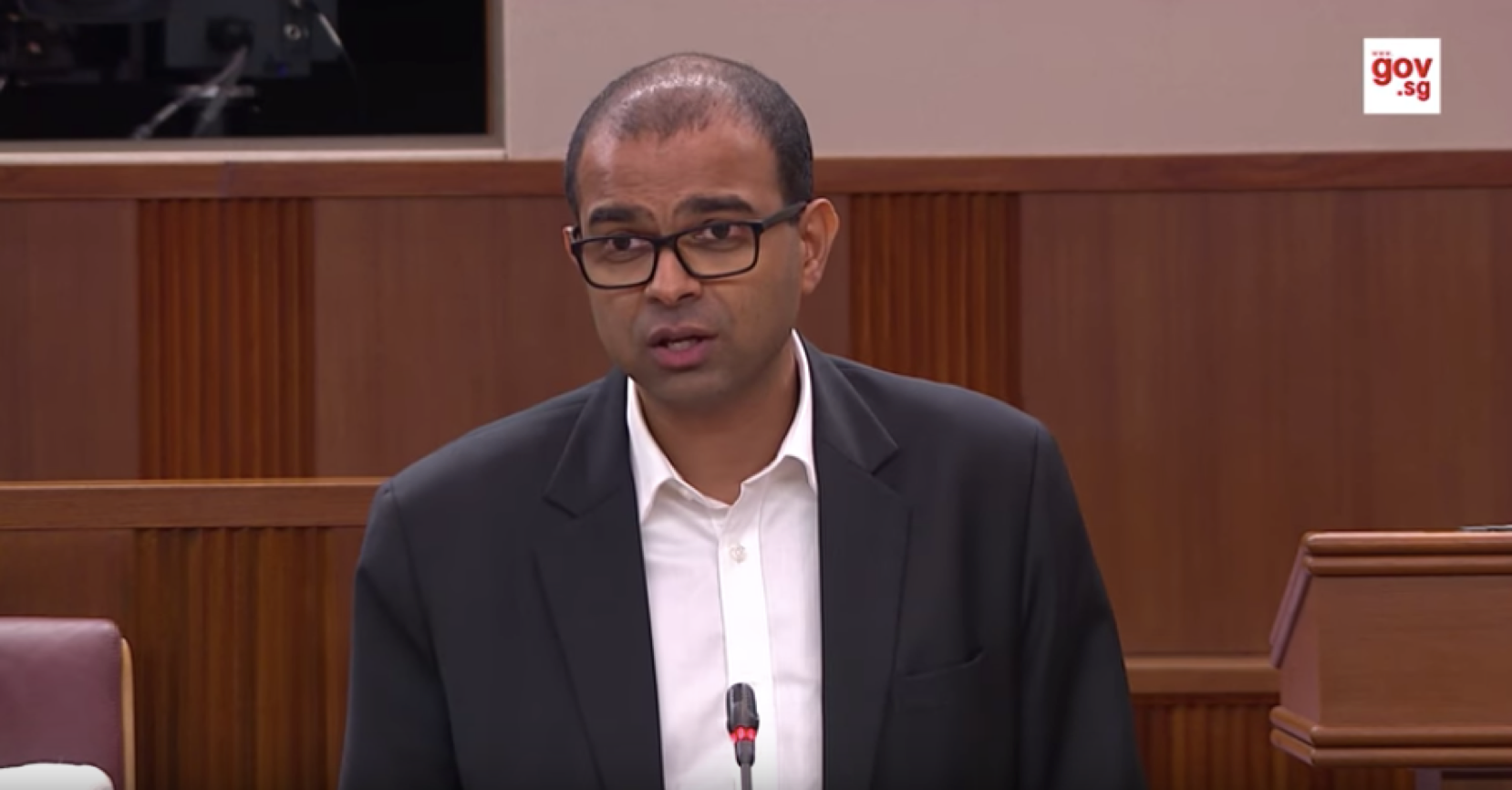Online publishers should not make use of pseudonyms in order to hide behind the veil of anonymity so that they can publish unverified facts or misleading statements.
This was mentioned by Senior Minister of State for Communications & Information Janil Puthucheary in Parliament on Feb. 4, 2020.
He added that publishing "unverified facts" and "misleading statements" is not in the best interest of a "sound, public debate".
CPF Board public disclosure case
Janil, who is also Senior Minister of State for Transport, was responding to a question from Nominated Member of Parliament (NMP) Anthea Ong's.
Ong had asked what was the definition of "public interest" adopted in the decision where the CPF Board revealed the name of a woman who claimed that she was suicidal, in a case involving her appeal to withdraw her CPF monies.
The woman was initially identified using a pseudonym (Ms Soo) in a report by The Online Citizen (TOC).
Ong's question followed Janil's answer in Parliament on Feb. 3 that government agencies sometimes need to disclose personal data in the public interest, in order to counter inaccuracies brought up by some public complaints.
Decision to disclose personal data was "discussed at length"
Janil outlined how the disclosure of personal data was "discussed at length" by the various agencies before a final decision was made.
This includes the CPF Board, Ministry of Education (MOE), Ministry of Health (MOH) and Ministry of Social and Family Development (MSF).
He said: "Continued use of the pseudonym 'Ms Soo' could have done more harm than good, if the public had associated other individuals with the case, resulting in more confusion."
He added that this allowed Sua to challenge the government's account of the case, if this was necessary.
Janil said that continuing to use a pseudonym was "not meaningful" to protect Sua's identity, as she had already divulged it by forwarding her email to the president containing her full name and NRIC to several government agencies, media outlets and TOC.
He also pointed out that TOC had initially published a letter that contained Sua's full name, date of birth, age and gender, before TOC removed her name.
POFMA one way to "set the record straight"
Janil added that the Protection from Online Falsehoods and Manipulation Act (POFMA) is just one of several ways for the government to "set the record straight" when making factual clarifications.
"The government's response depends on a sensitive reading of the situation, calibrated to what is necessary and appropriate in the circumstances."
In this case, he said that issuing a public clarification was the appropriate response.
He added that there is "no public interest served" by protecting a falsehood about government processes and policies when it comes to social welfare and medical care.
Public and private sector organisations have to be ready to explain why they disclose personal data, when required
In her question, Ong had claimed that the Personal Data Protection Commission (PDPC) prescribed for non-exempted organisations that it was mandatory to provide justification when personal data was disclosed without consent.
She asked if the government could consider having this practice too.
However, Janil said that the PDPC does not impose such a requirement on private sector organisations. Added Janil:
"In any case, both public and private sector organisations have to be ready to state the reasons and considerations behind the personal data disclosure when required to do so."
Related stories:
If you like what you read, follow us on Facebook, Instagram, Twitter and Telegram to get the latest updates.
